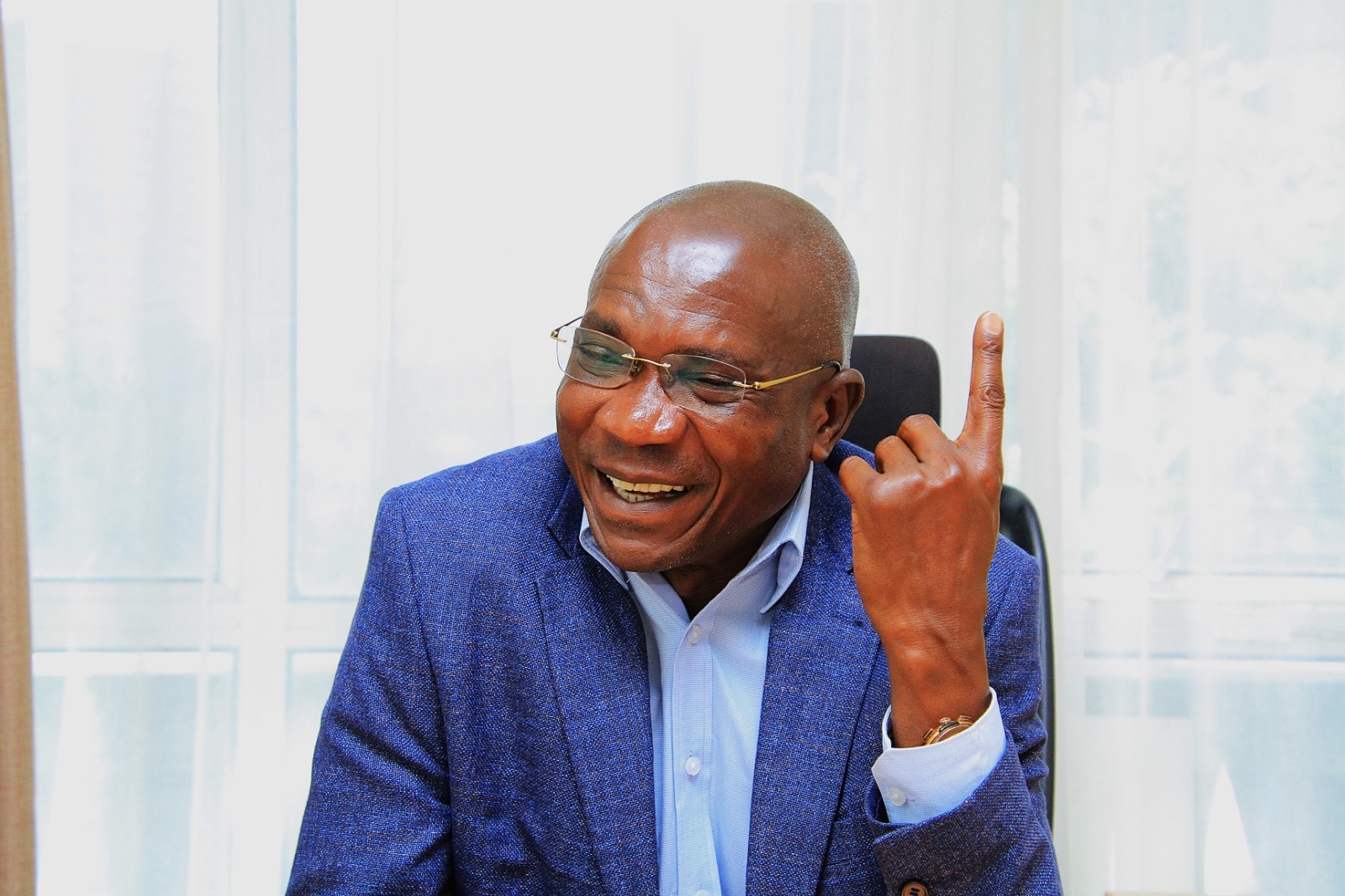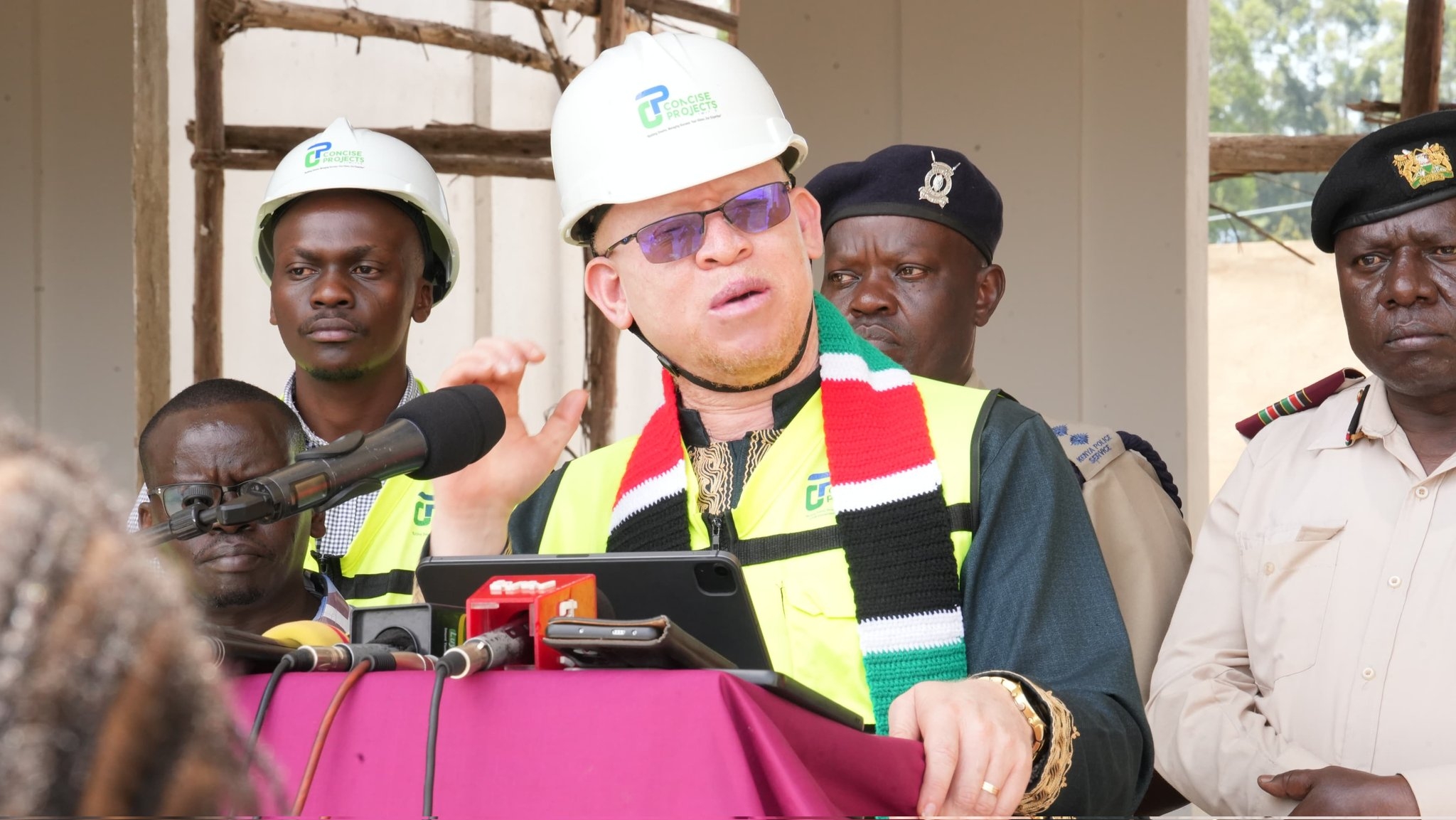Kenya needs to find a way to deal with substance abuse and increasing teenage pregnancies, Machakos Governor Alfred Mutua has said.
He suggested setting up a national task force to come up with recommendations.
A recent report indicated that nationally 152,820 teenage girls have fallen pregnant since schools were closed in March following the coronavirus outbreak.
The number has been contested by Education CS George Magoha.
This week the Machakos Children's department said 4,000 school-going girls had fallen pregnant between January and May.
The county government disputed the figure.
Addressing the press in his office on Thursday, Mutua said he has set up a county task force to study the issue and make recommendations.
“I am also directing that all girls who are pregnant and the boys who made them pregnant undergo counselling and be provided with social protections and allowed to resume school with no victimisation,” he said.
Mutua said drug and substance abuse is one of the major contributors to the rising number of teenage pregnancies.
He said not all teen pregnancies are a result of defilement and rape, and most teenagers engage in sexual activity among themselves.
The governor said Kenyan youth provide a huge market for illicit drugs and alcohol.
"We have to enhance our war on drug cartels and those exposing our children to drugs and other substances,” he said.
Mutua said many young people are already sexually active, exposing themselves to STIs.
This shows a need for sex education in schools, he said.
“It is even more appalling because to get pregnant, it means one had unprotected sex hence exposure to HIV-Aids and other STDs,” he added.
Mutua urged religious leaders to help.
“I’m also calling to our religious bodies to engage the government and the public in pragmatic discussions, and more open and honest engagements over this issue,” he said.
The governor said Machakos has set up youth-friendly clinics, which many young people are currently taking advantage of.
“We need proper education, and all Machakos schools will set up a programme to educate our children on abstinence and safe sex,” he said.
"This is because many of them are children between the ages of 10 and 15, an age at which parents struggle with talking to their children about this issue."
Edited by Josephine M. Mayuya
















